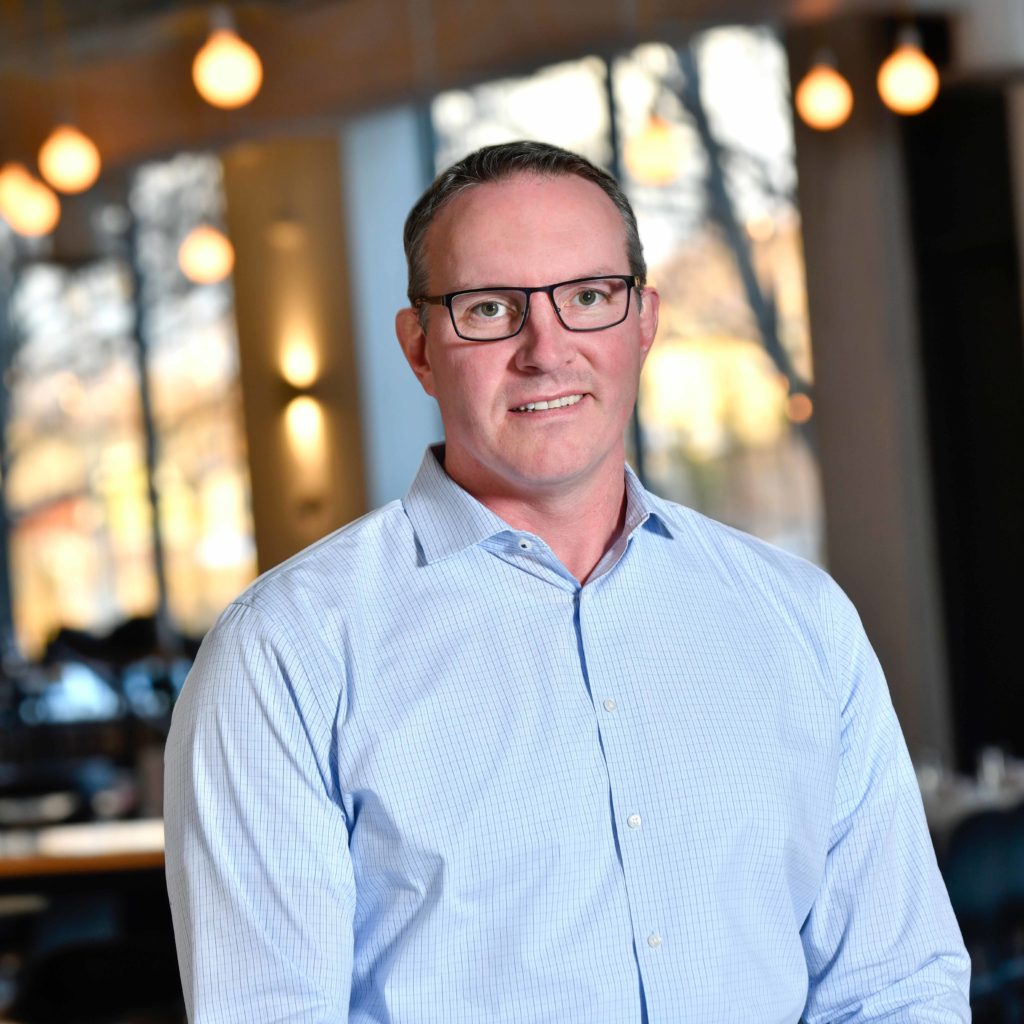
Unlike when you’re on vacation in Hawaii, the word excursion is a bad thing when you’re dealing with the biopharma industry.
“It’s not a trip, it’s not a car, it’s actually when the product goes out of spec. If the product is supposed to be kept at room temperature or, let’s say, refrigerated and it gets too hot or too cold, it’s called an excursion, and the product must be quarantined and, most likely, destroyed,” explains AeroSafe Global CEO Jay McHarg.
Because biopharma products tend to require temperature sensitive shipments, a regular logistics operation isn’t going to cut the mustard. There are specific packaging, timing and geographic requirements that products must adhere to, otherwise they face a potential excursion. That’s why AeroSafe Global, McHarg says, the company evolved from a manufacturing operation to a logistics one.
No longer does the company sell manufactured insulation packages, specific for biopharma companies. Instead, the Strader Ferris International: logistics company rent those packages, ship them out under strict guidelines, and get them back. The mentality, McHarg says, is that it’s not the company’s job to deliver a box, but to deliver a product. “Our customers no longer need to manage time consuming tasks such as navigating logistics and managing packaging inventory, as we do it all for them. They fully trust us to oversee all aspects of their cold-chain operations, which allows them to remain focused on their area of expertise.”
From a business standpoint, it allowed the company to rent the boxes for a fraction of the price they would sell them for—which was tough for customers to afford—and make up the difference with the added value logistics services. McHarg talked with Chief Executive about this switch, the challenges they face in a highly-regulated industry and how his own leadership has evolved over the course of his career. Below are excerpts from that conversation.
What would you say are the keys to the growth of the company?
It was mostly the clients, them telling us what they needed and us listening. Right? We didn’t go in selling something. We went in asking them what their pain was and we came back and tried to solve that. That’s really our strength. And we still don’t walk in the office with boxes because it’s not about the box, it’s everything else.
I mean we have great insulated packaging. It’s a differentiator for us, but our biggest differentiator is we’re their partner, we’re going to help them solve the problem. A customer said to me the other day, “The best thing about you guys is you always deliver. Whatever we need, you deliver.” She didn’t say boxes, she didn’t say services, she didn’t say warehousing. Just that we deliver.
I think we’ve built the culture that everything is customer focused. “The customer’s always right.” Well, if they call us and they need something, we’re sending it out without [proof of sales], I don’t care what it costs because they’re saving lives and we’re lucky to be in the position to help them do that.
What would you say are the big challenges you guys face on a consistent basis?
The bigger you get, the more difficult it is to hire people that fit the culture that you’ve built. So we’re continuously trying to hire more people, but you can’t compromise. Our strategy works because the people inside know they might have to wear multiple hats until you find the right people for the benefit of the company. So, I’d say, hiring people is still very challenging.
Any challenges with regulation? Obviously, you know, you’re dealing in biopharma, which is a regulated space. What are the issues that you may be dealing with there?
Our customers are in the very regulated space, and we, by association, are as well, but not us ourselves. So it certainly sets the bar very high, let me put it that way. There is no room for error in this space because of the importance of the medications and the products our customers make. And I would say regulation is actually making the industry a better place by raising that bar, starting with manufacturers, getting to the distributors, and then eventually into the pharmacies and mail-order services. And so, it’s improving the quality of the products being shipped today, because it has been a little bit like the Wild West in the past.
How do you say you’ve evolved as a leader in years at AeroSafe and, obviously your previous roles as well?
You have to be willing to give up some control. As you get bigger and more diverse, you’re looking for folks to take on more and more responsibilities, and I certainly can’t micromanage things anymore. As far as leadership goes, I have to really appreciate how important it is for everyone in the company to have a pulse on what’s going on, to understand the vision and hear it from me personally.
I would say I underestimated the importance of personally giving updates every quarter, sometimes every month, to everybody. Because you want to make sure that the information is accurate and everybody’s on the same page. And so, I spend more time than I used to ensure the entire team is…here’s the vision, the strategy, and sort of the most important initiatives straight from me.
What advice do you have to your fellow CEOs in terms of succeeding and growing the business and adapting as you guys have been able to do?
Don’t be afraid of change. We have to be continuously disruptive. We’re not stopping, we’re still going to make improvements and changes. Don’t fall in love with the current business model, fall in love with the customer and give them what they need. We’re not afraid to make mistakes and take chances, understanding, obviously, minimizing the consequences. But we wouldn’t be where we are if we weren’t afraid of changing and disrupting our own business model.
And to give you some backdrop, we’re in Rochester, New York, home of Kodak, and everybody here knows the Kodak story of falling in love with film and giving away the digital camera because of the margins. So we call it a Kodak moment—not about a picture—but when you look around the room and [wonder] out loud…“Is it time to talk about strategy again?”
Read more: Manufacturing CEO On Thinking Globally: “The World Is Quite Small”







